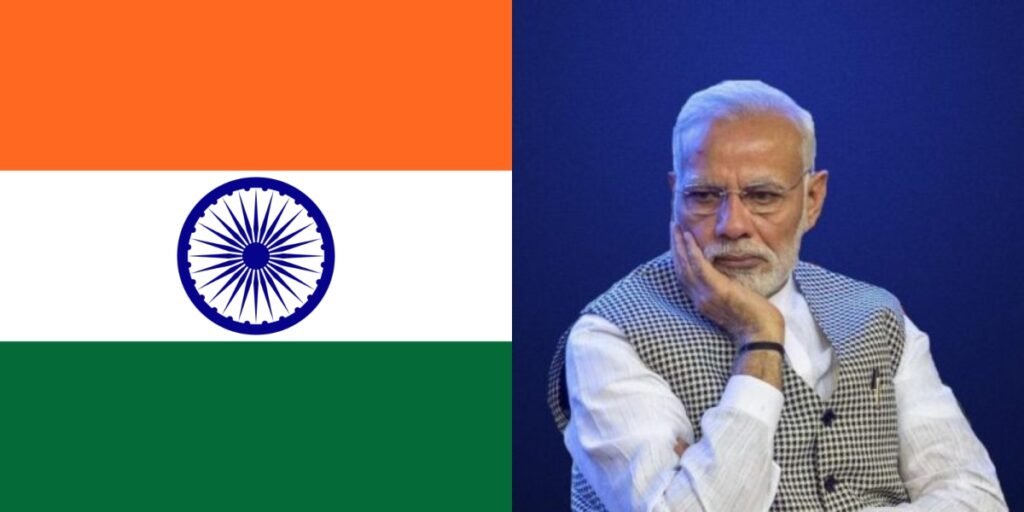WEBDESK: According to an article published in Telegraph India, India’s global standing has sharply declined under Prime Minister Narendra Modi. Once spoken of in the same breath as China, India is now seen as a weaker, dependent neighbour hyphenated more often with Pakistan than with Beijing.
The piece highlights how the idea of “Chindia” once used to describe a shared Asian rise has faded completely. Instead of rising together, China now stands shoulder-to-shoulder with the United States, while India sends ministers one after another to Beijing, desperate to restore ties.
Modi’s myth of strength falls apart
Despite Modi’s promises of “muscular diplomacy”, Telegraph India argues that India has ceded both initiative and leverage. While the government pushes a domestic image of strength, the reality on the ground is starkly different. Chinese forces still block Indian patrols at the Line of Actual Control. Several key zones remain inaccessible. Meanwhile, Indian troops are overstretched in eastern Ladakh.
When questioned, the Indian Army chief deflected responsibility, saying patrol decisions lie with local commanders a move Telegraph India described as political evasion on matters of national integrity.
The report also criticises India’s economic dependency on China. Despite all the talk of atmanirbharta (self-reliance), China still controls crucial supply chains from rare earth materials to bullet train equipment and even the talent pipeline for major companies like Apple.
India’s foreign policy in freefall under Modi
The article takes a diplomatic tone in cautioning that China is sharply excluding India in the regional leadership. New trilateral engagements with Pakistan, Afghanistan, and Bangladesh signal China’s growing footprint in South Asia. Even Nepal and Bhutan are distancing themselves. Modi’s much-touted “Neighbourhood First” policy now looks empty.
China, the article notes, is confident enough to act unilaterally issuing visas, reopening the Mansarovar Yatra, and publicly lecturing India at multilateral forums. India’s reactions, when they come, are late, muted, or symbolic at best.
The Telegraph calls out the Modi government’s failure to respond effectively. Foreign Minister Jaishankar’s comment in 2023 “They’re the bigger economy. What am I going to do?” is described as a surrender, not strategy.
The piece concludes that two major factors explain India’s weakened position: one, a failure to build real national strength in defence and economy; and two, overdependence on the United States, which offers little in return. Even Donald Trump’s personal relationship with Modi has not translated into strategic support.
Ultimately, this moment is worse than even the 1962 defeat under Nehru. At least then, India resisted Chinese pressure. Today, under Modi, India appears to be accepting Beijing’s terms.
The once-loyal strategic community is now openly criticising Modi’s approach. Former supporters of his “muscular diplomacy” are now disillusioned. The government’s foreign policy is seen as a mix of hollow rhetoric, patchy defence, and strategic surrender.
This is not strength. It is submission. And if the disillusionment spreads beyond the security establishment into the political mainstream, it could mark the beginning of Modi’s political decline.
Read more: India’s drone missile test signals dangerous shift towards cross border escalation






